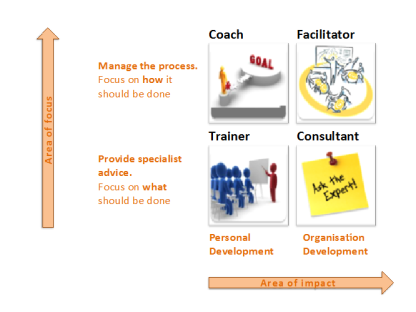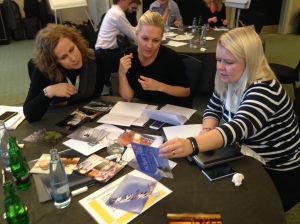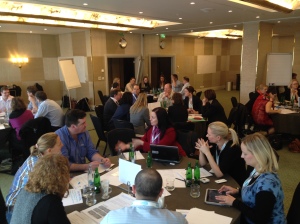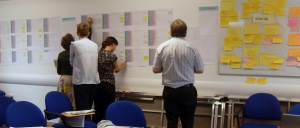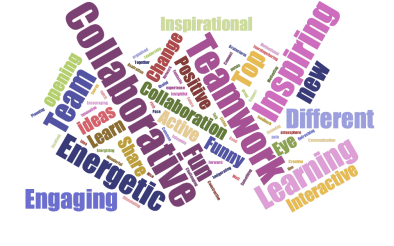Resistance to change is the act of opposing or struggling with modifications or transformations that alter the status quo in the workplace.
Reading an article I was reminded what a great impact resistance to change can have on the success of a change programme.
82% of contributors indicated that the main reason for change failing was resistance to the change .
In 2011 Bauer And Erdogan classified resistors based on individuals reaction to change.

Attitudes to Change
Active resistance is the most negative reaction to a proposed change attempt. Those who engage in active resistance may sabotage the change effort and be outspoken objectors to the new procedures. In contrast, passive resistance involves being disturbed by changes without necessarily voicing these opinions. Instead, passive resisters may dislike the change quietly, feel stressed and unhappy, and even look for a new job without necessarily bringing their concerns to the attention of decision makers. Compliance, however, involves going along with proposed changes with little enthusiasm. Finally, those who show enthusiastic support are defenders of the new way and actually encourage others around them to give support to the change effort as well.
The reasons why individuals show passive or active resistance to change are:
- Disrupted Habits Individuals often resist change for the simple reason that change disrupts our habits. Habits make life easy. For this simple reason, people are sometimes surprisingly outspoken when confronted with simple changes at work.
- Personality Some individuals are more resistant to change than others. Some may view change as an opportunity to shine others as a threat that is overwhelming. For individuals who are risk-avoidant, the possibility of a change be more threatening.
- Feelings of Uncertainty Change inevitably bring feelings of uncertainty. The feeling that the future is unclear is enough to create stress for people because it leads to a sense of lost control.
- Fear of Failure Individuals also resist change when they feel that their performance may be affected. Those who feel that they can perform well as a result of the changes are more likely to be committed, while those who have lower confidence in their ability to perform after changes are less committed.
- Personal Impact of Change Individuals tend to be more welcoming of change that is favorable to them on a personal level such as improving their quality of life or work life balance, or removing conflict.
- Prevalence of Change Any change effort should be considered within the context of all the other changes that are introduced in a company. If other recent changes have failed there will be an increased resistance to further change.
- Perceived Loss of Power One other reason individuals may resist change is that change may affect their power and influence in the organization. Any loss in prestige and status, even if only perceived will result in resistance to the change.
Do we do enough when managing change to support those showing resistance to overcome their concerns and increase the number of enthusiastic supporters?
Taking the fact that 82% of change fails as a result of resistance to change as an indicator; there is a need to do considerably more than we currently do.
Ensure you have the capacity to spend time with individuals. Take the time to understand:
- What the specific changes will include
- Who the changes will impact
- How these changes will impact on an individual basis
- Why each individual might resist the changes
You will then have a degree of empathy to support each individual with his or her specific concerns and follow this understanding up by:
- Having open and honest conversations
- Giving a strong and powerful rationale for change
- Creating opportunities for collaborative working
- Involving those that do the work in shaping solutions to problems
- Agreeing how to continue to support the individual and commit to follow-up
- Keeping anything shared in confidence to yourself
To discuss ideas for how to get people more engaged with changes before, during and after implementation contact us
Lucy Brownsdon, Director, Centre for Facilitation

